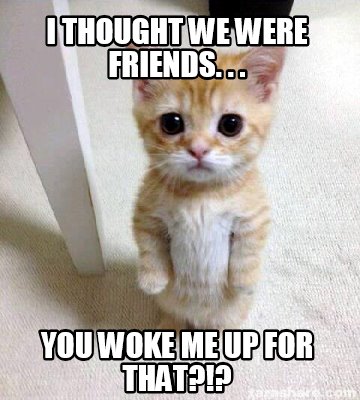
They can have a number of causes, such as: With night sweats, you frequently wake up in the middle of the night drenched in sweat. This can be caused by warm temperatures in your environment. It’s hard to get and stay asleep when your body is too warm. Noise before sleep, and buzzing and ringing during sleep, can all affect your ability to fully rest. This hormone regulates your brain’s ability to get to sleep and wake up.Īdditionally, sounds that come from these gadgets can keep your mind active. Researchers have found that cell phones, televisions, tablets, and laptops all have bright lights that limit the production of melatonin. Technology can have a negative impact on sleep. Finding out what is causing your need to pee at night is the best way to find the right treatment. Needing to pee at night can also be caused by pregnancy, certain medications, or drinking a lot before bed. This condition is called nocturia, and it can have many causes, including Going to the bathroomĪ frequent need to pee can make you get up at night. Waking up at night can make bipolar disorder worse, which leads to a harmful cycle. In one study in adults with bipolar disorder, 100 percent of participants experienced insomnia.

Most people with bipolar disorder go through periods of too little sleep during the manic phase, and either too little or too much sleep during the depressive phase. Getting too much or too little sleep is a main symptom of this condition. They may recommend cognitive behavioral therapy, medication, or relaxation techniques.
WHO EVER WOKE ME UP MEME PROFESSIONAL
Talk to your doctor or mental health professional about your anxiety and depression. Trouble sleeping can then lead to anxiety and depression. An anxious or depressed mind can make it hard to fall asleep or stay asleep. In fact, it can sometimes be difficult to tell which comes first. The sleep condition can be caused by many things, including:Īnxiety and depression often go hand in hand with insomnia. You may find yourself tired, moody, and unable to concentrate. Insomnia makes it difficult to get through the day. Some people experience insomnia only occasionally, but for others, it’s a chronic problem. Insomnia can make it hard to get to sleep or stay asleep. However, you might want to tell your doctor if you or your child’s symptoms seem to worsen. Sleep terrors affect almost 40 percent of children and a smaller percentage of adults.Ĭhildren usually outgrow sleep terrors on their own. Those with sleep terrors don’t remember what happened once they wake up the next morning. The sleeper’s eyes are open, and they may even get out of bed.

During a night terror, the sleeper thrashes, screams, cries, and is fearful. Those with sleep terrors don’t actually wake up, but they may appear awake to others. Some doctors also recommend home sleep tests.

At the center, you’ll be monitored during a night’s sleep. To get a diagnosis, your doctor will likely refer to you to a sleep center. Most people with sleep apnea aren’t aware that their sleep is disturbed.Įven if you don’t realize you’re waking up, you may notice daytime sleepiness. If you have sleep apnea, you wake up or have shallow breathing many times during the night.

For others, you may want to see your doctor. There are many reasons why you may wake up in the middle of the night. What causes waking up in the middle of the night?


 0 kommentar(er)
0 kommentar(er)
